A sky of discontent: Reflections on flight and the American spirit
The act of flying, once a celebration of human ingenuity, has become a transaction of control, where compliance is the currency and courtesy a relic.
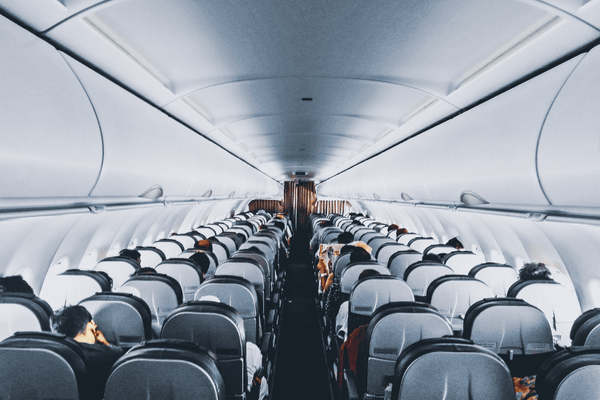 Representative image. / Canva
Representative image. / Canva
The aeroplane hums, a mechanical beast slicing through the ether, carrying souls across continents, oceans, and the invisible borders of human experience. For the American traveler, the journey begins not at the gate but in the heart—a heart that carries the weight of expectation, the mythos of a nation founded on ideals of freedom, courtesy, and the pursuit of happiness.
Yet, as the wheels of a Boeing 787 kiss the tarmac, something feels amiss. The air is thick with a dissonance that wasn’t there four decades ago when I first arrived in Cambridge, Massachusetts, a young student wide-eyed with dreams of a land that sparkled with possibility. Today, the skies of America feel less like a frontier of freedom and more like a theater of control, a stage where a crass choreography of authority and indifference replaces the courtesies of old.
In the sterile corridors of American airports, the traveler encounters a peculiar paradox. The United States, a nation that once prided itself on putting the customer first, now greets its citizens with a demeanor that feels alien, almost punitive. The ground staff, clad in uniforms that signify authority, wield their power with a tone that borders on disdain.
“Step back,” they command, their voices sharp as the edge of a boarding pass. A first-class ticket, once a symbol of privilege and care, now seems to grant little more than a wider seat and a grudging acknowledgment. I recall a recent flight where an elderly crew member, her hair a silver crown of experience, met my request for a glass of wine with a curt, “We’re out.” The Wi-Fi? “Not my job.” A simple request for water? “Wait until we’re airborne.” Her refusals were not malicious but mechanical, as if the act of service had been stripped of its soul.
In contrast, a Greek crew member, his name tag gleaming with a heritage of hospitality, offered a smile and a quiet efficiency that felt like a remnant of a bygone era. Yet, the rudeness of others—two women whose curtness cut through the cabin like a cold wind—left a deeper mark. Even in first class, where one expects a modicum of grace, the experience felt like a transaction, not a journey.
This is not an isolated tale. Another passenger, a CEO whose life is measured in boardrooms and bottom lines, shared a similar story. Clutching a ticket for seat 2A, he was ordered to the back of the line, his status dismissed with a flippant, “That doesn’t matter.” The young woman at the gate, her authority borrowed from a badge, wielded it with the certainty of a monarch. Is this the new America? A land where the customer, once king, is now subject to be managed, corralled, and controlled? The question lingers like turbulence in the cabin of my mind.
Forty years ago, when I stepped onto the cobblestone streets of Cambridge, America felt like a promise kept. It was a nation that, for all its flaws, radiated a certain warmth, a belief in the individual as the cornerstone of its greatness. The media painted it as a beacon of opportunity, and the movies—oh, those Hollywood dreams—portrayed a land where service was a smile, where the customer was not just right but revered.
The diner waitresses who called you “hon,” the shopkeepers who knew your name, the airline staff who treated you like a guest in their sky—these were the threads of a cultural tapestry that felt uniquely American. But now, that tapestry is fraying. The skies, once a symbol of boundless possibility, have become a microcosm of a broader shift —a descent into a crasser, more controlled version of the American Dream.
What has changed? Is it the training, or lack thereof, that leaves ground staff and crew members ill-equipped to embody the courtesy that once defined service? Are they overworked, their patience worn thin by long hours and relentless schedules? Or is it something deeper, a cultural metamorphosis that has reshaped the American spirit itself?
The airport, with its security lines and barked orders, feels like a police state in miniature. In this place, authority trumps empathy, where the citizen is less a partner in the journey and more a potential threat to be managed. The TSA agent, the gate attendant, the flight crew—all seem to carry a mantle of power that outweighs their role as facilitators of travel. It is as if the act of flying, once a celebration of human ingenuity, has become a transaction of control, where compliance is the currency and courtesy a relic.
Compare this with Europe, where travelers often find a different rhythm. In Paris, a gate agent’s smile is a small but genuine gesture of welcome. In Rome, a flight attendant’s offer of espresso carries the warmth of tradition. Even in the bustling chaos of Heathrow, there is a certain civility, a sense that the traveler is a guest, not a suspect. Europe, for all its own complexities and contradictions, feels more citizen-friendly, as if the social contract between individual and institution still holds a flicker of mutual respect. The difference is not universal—rudeness exists everywhere—but the tone, the texture of the interaction, feels less abrasive, less like a power struggle. It is as if Europe, older and perhaps wiser in its weariness, has learned to temper authority with a nod to shared humanity.
Philosophically, this shift in the American experience invites a deeper question: What does it mean to be a nation that prides itself on freedom yet governs its skies with such rigidity? The airport, as a liminal space, reveals the soul of a society. It is a place where strangers meet, where hierarchies are tested, and where the ideals of a nation are distilled into fleeting moments of interaction. In America, those interactions now carry a weight of suspicion, a presumption that the traveler must be controlled rather than served. This is not the America of Whitman’s open road or Kerouac’s boundless journey. It is an America that feels smaller and more guarded as if a bureaucracy of fear has replaced the expansive spirit of its founding.
Perhaps the root lies in a broader cultural drift. The America of four decades ago was not perfect—racial tensions, economic inequality, and political strife were ever-present—but it carried a sense of optimism, a belief that individuals could shape their own destiny. Today, that optimism feels tempered by division, by a culture of surveillance and mistrust that permeates even the act of boarding a plane. The citizen, once the hero of the American narrative, is now a variable to be managed, a data point in a system that prioritizes efficiency over empathy. The airline staff caught in this system may themselves be victims—overworked, underpaid, and trained in a culture that values compliance over connection. Their rudeness and indifference are perhaps less a personal failing and more a symptom of a society that has forgotten how to care.
Yet, there are glimmers of hope. The Greek crew member, with his courteous nod and quiet efficiency, reminds us that the old America is not entirely lost. It lives in the small gestures, the moments of humanity that persist despite the weight of systems and schedules. It lives in the memory of a Cambridge long ago, where a stranger’s smile was a currency of trust. To reclaim this America, we must ask ourselves: What kind of nation do we wish to be? One that governs its skies with suspicion or one that welcomes its travelers with grace? The answer lies not in policy alone but in the collective will to restore courtesy as a cornerstone of our identity.
As the plane descends, the lights of a new city glimmer below, a constellation of possibility. I think of the America I once knew, the one that felt like a promise. It is not gone, but it is wounded, its spirit bruised by a culture that has traded connection for control. To heal it, we must begin where we are—in the airports, in the skies, in the fleeting encounters that shape our days. We must demand more of ourselves and each other, not with anger but with a quiet resolve to rediscover the civility that once defined us. Ultimately, the journey is not just about reaching a destination but about how we treat one another along the way.
The wheels touch down, and the cabin stirs. I gather my belongings, my heart heavy with reflection but light with hope. America may need a new name and a new narrative to describe its present state. But names are not destinies. They are invitations to imagine something better—a sky where courtesy reigns, where the traveler is not a subject but a guest, and where the American spirit soars once more.
The author is the former chief editor of Dinamaan and co-founder of the Hindi daily Jansatta.
(The views and opinions expressed in this article are those of the author and do not necessarily reflect the official policy or position of New India Abroad)
ADVERTISEMENT
ADVERTISEMENT
E Paper
Video




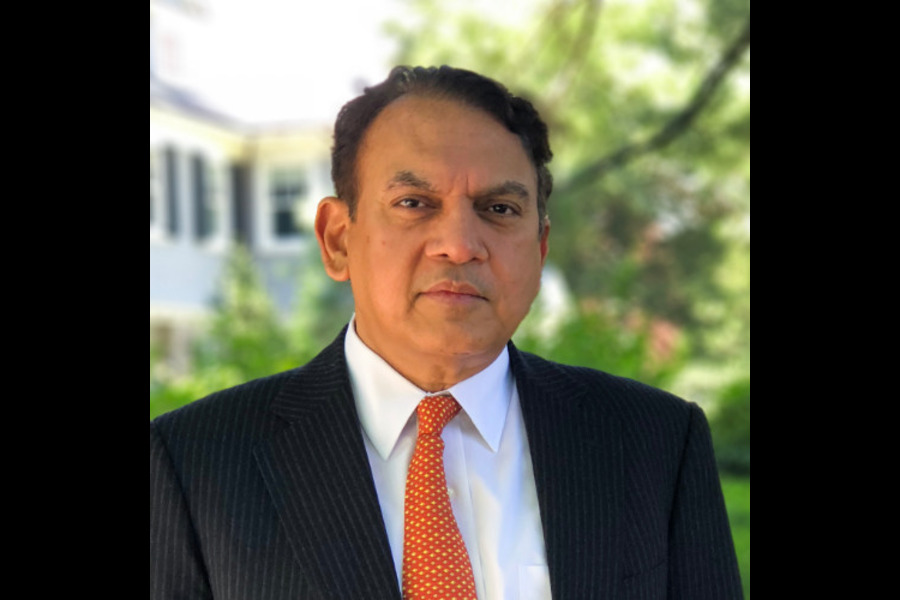 Satish Jha
Satish Jha
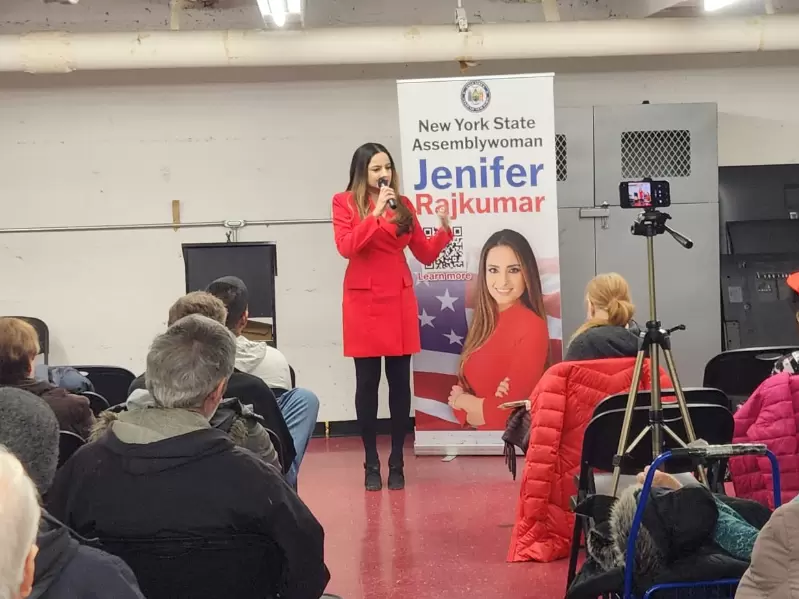
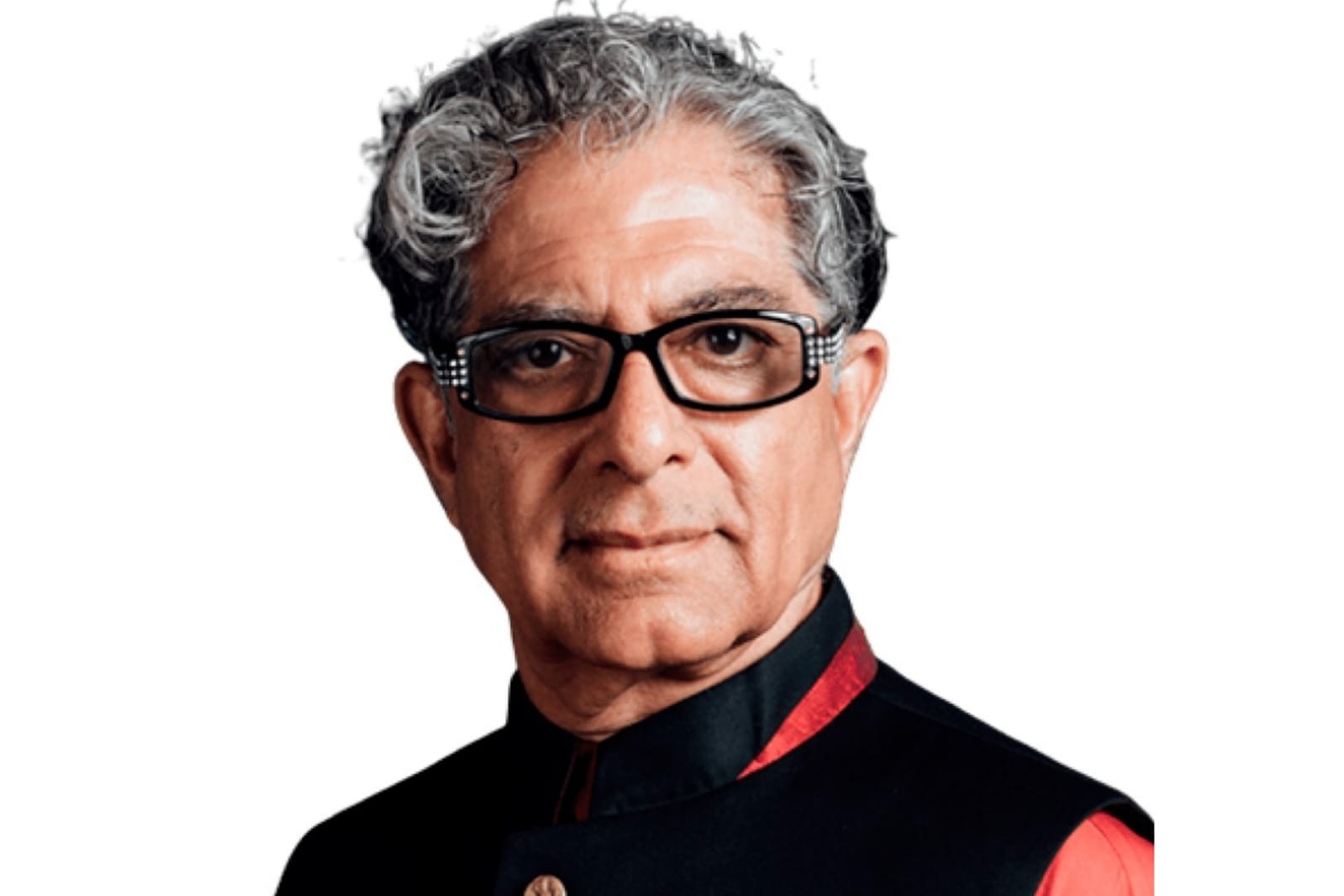
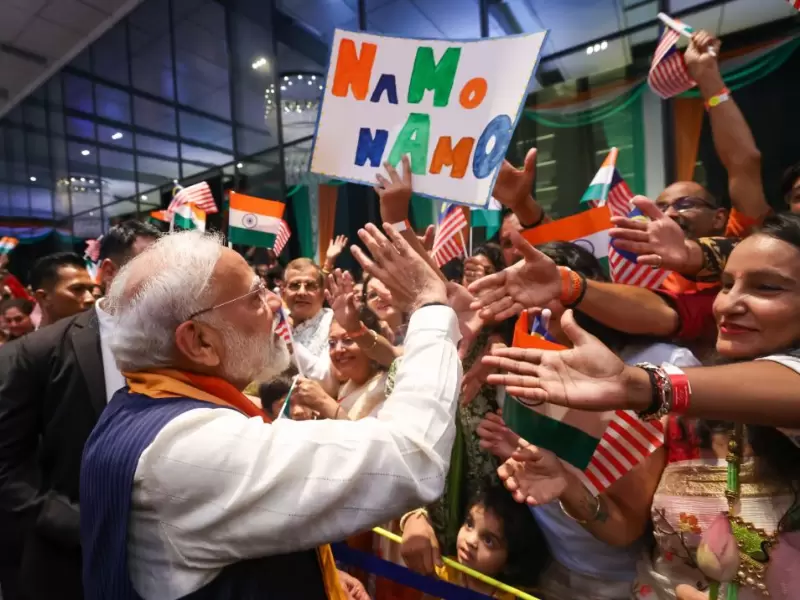
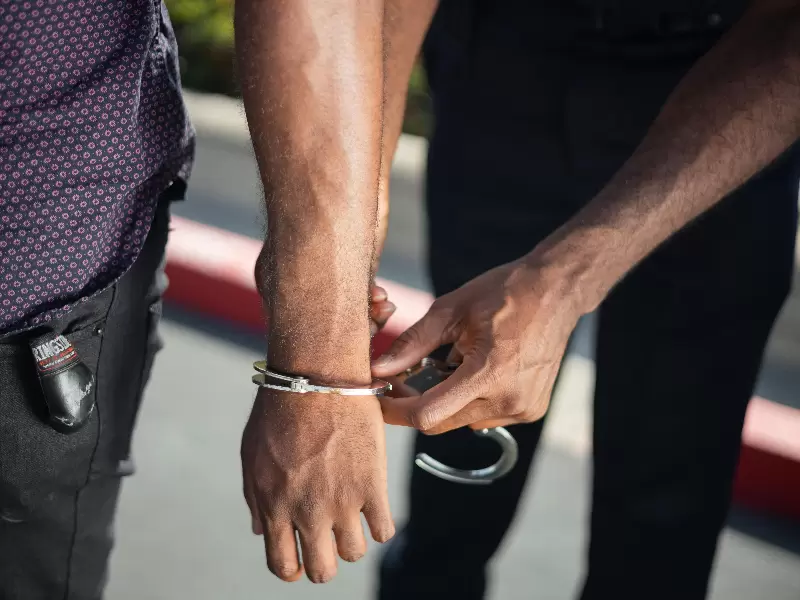
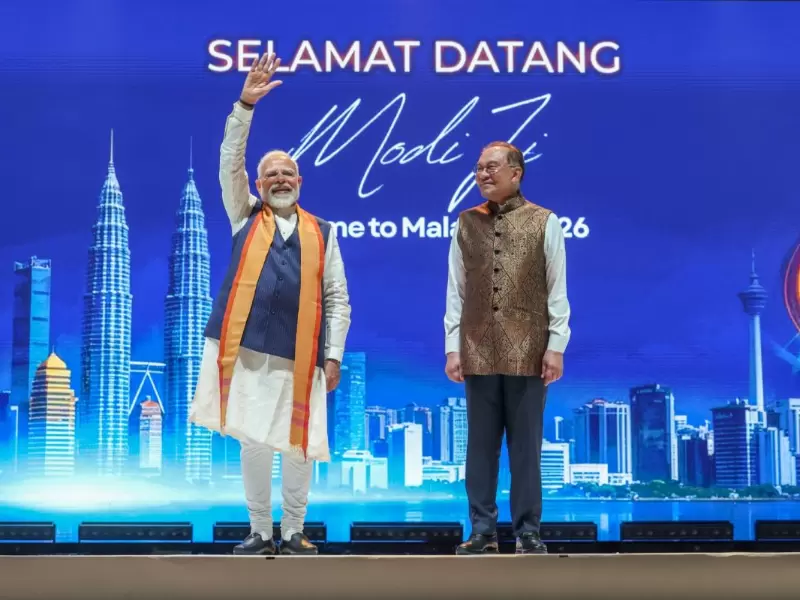
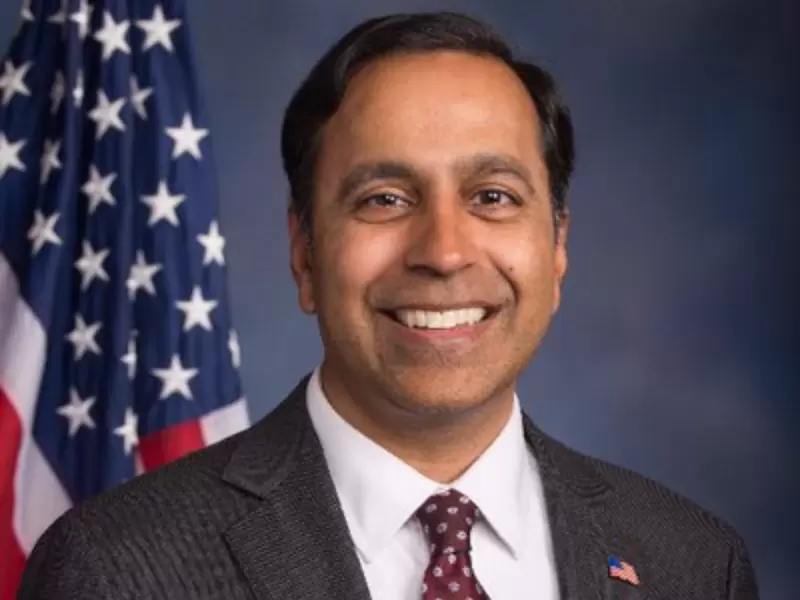
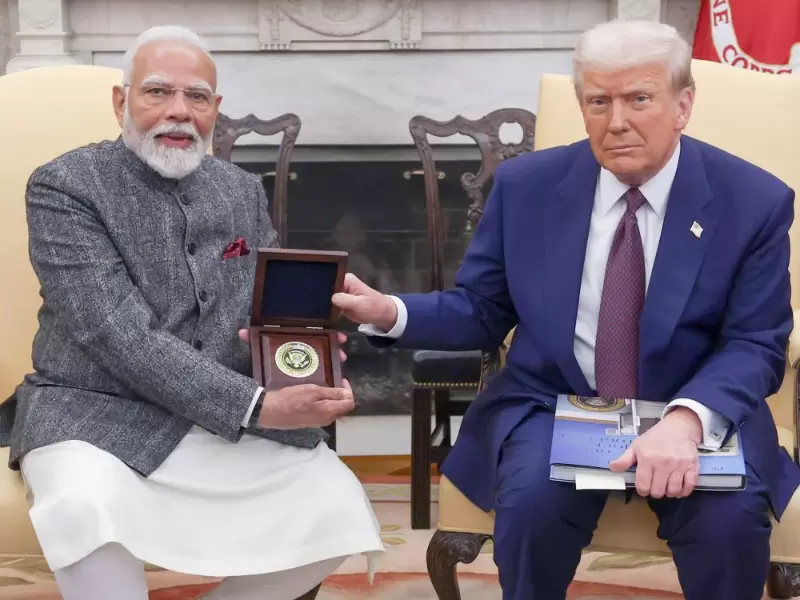
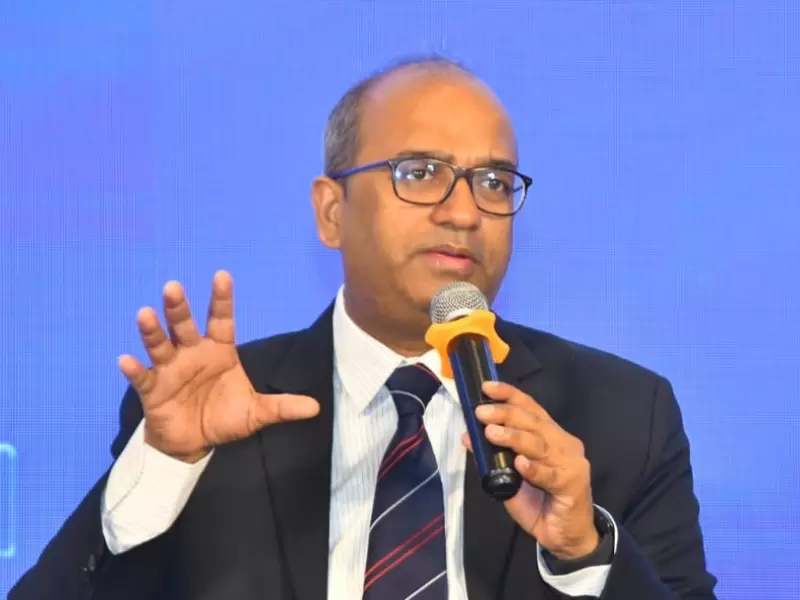
.jpg)

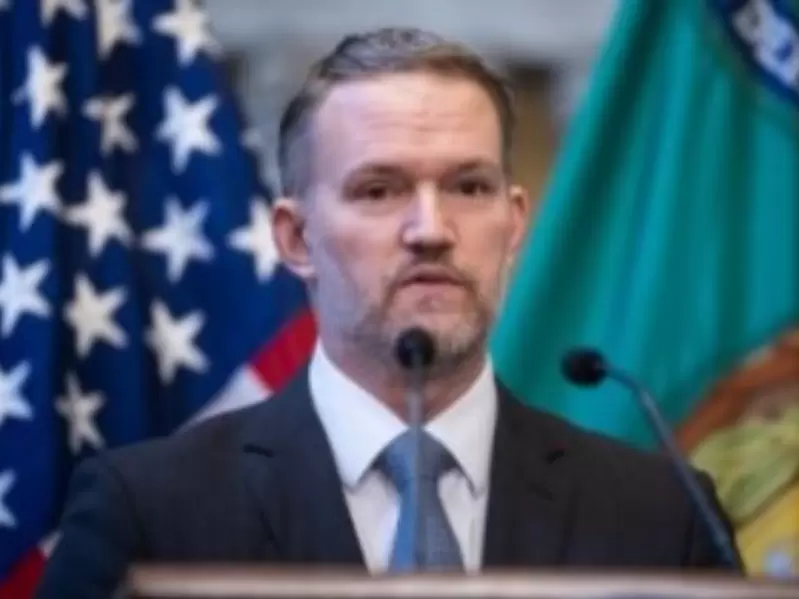


Comments
Start the conversation
Become a member of New India Abroad to start commenting.
Sign Up Now
Already have an account? Login